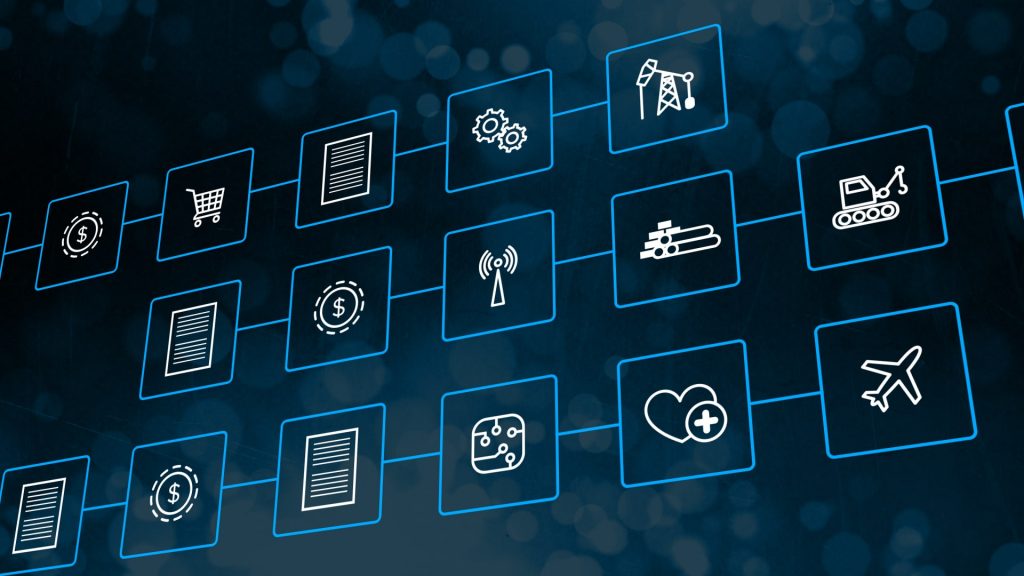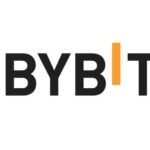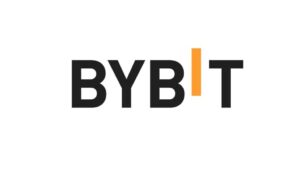As you may be aware, blockchain is rapidly gaining popularity. However, technology is also beginning to question commercial practices. In reality, several sectors are discovering that blockchain technology is superior to conventional methods for performing critical components of labour. Let’s take a look at the five primary industries that blockchain technology is touching.
6 Industries That Blockchain Technology Will Disrupt
Banking
Blockchain is a peer-to-peer payment mechanism with great security and minimal costs that is disrupting the traditional banking sector. Because there is no central authority, you are not required to pay one. Isn’t it cool? This eliminates the requirement for a third party to conduct a transaction involving a cryptocurrency such as Bitcoin from one of the many others. Your transaction is verified in a ledger that can be read and reviewed by any bitcoin user, providing you complete control over your transaction.
For example, let’s assume that LaLaLa, a cryptocurrency application, offers peer-to-peer money transactions. Users can use this site to save, send, and receive digital money on their computers, tablets, or cellphones. A LaLaLa teller may be used to withdraw cash from a receiver. Users are not required to have a savings account!
Information and Cybersecurity
Cyberattacks are the biggest challenge to our virtual environment. Blockchain technology has the potential to put an end to such horrors. It can protect our data from illegal access and modification.
As blockchain is a decentralised system, it is excellent for situations requiring great security. In this case, every information saved on a bitcoin or any other blockchain network is validated and encoded using a cryptographic method, resulting in NO Single access point for a large-scale assault. Due to peer-to-peer connectivity, where data cannot be edited or tampered with, blockchain allows you to rapidly identify harmful data assaults. Furthermore, by removing a centralised authority, blockchain enables a safe and transparent method of documenting transactions without releasing private information to anybody.
Healthcare
Let’s be honest. There are several issues with the storing of people’s health data nowadays. Because it is all stored in centralised files, everyone can have access to this extremely sensitive information. Whenever anyone asks anyone for someone else’s information, it might take forever for that person to find the correct file, creating the potential for data breaches, theft, or losses. That is why blockchain technology is so vital in this market.
In this case, blockchain technology avoids the need for a centralized system and offers quick access to data. In this case, each block is linked to another and spread among the blockchain network, making it harder for an attacker to change the data. The confidentiality of individual healthcare file information is of the highest importance.
Insurance
Insurers can detect fraudulent claims and combat forgeries using the decentralised system of blockchain technology.
Transportation
Using blockchain technology allows for accountability in the transportation business, where items can be readily monitored.
Real Estate
The use of blockchain technology in estate accelerates the conveyance procedure and removes the necessity for money transactions.
Clearly, Blockchain Technology is the way of the future.
As you’ve seen, blockchain technology is primed to revolutionise the way we do business.




























